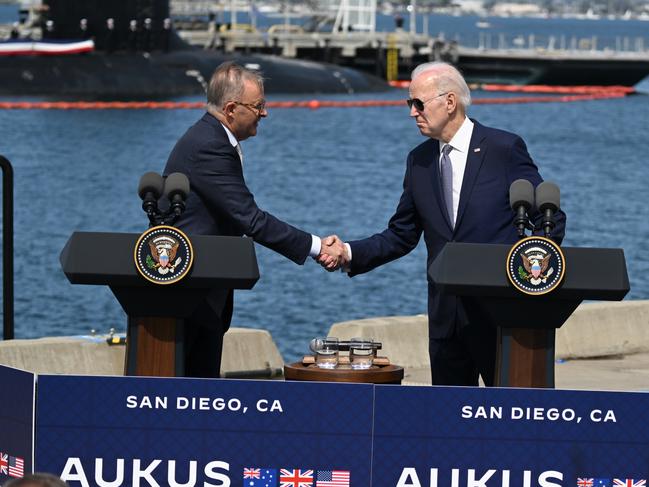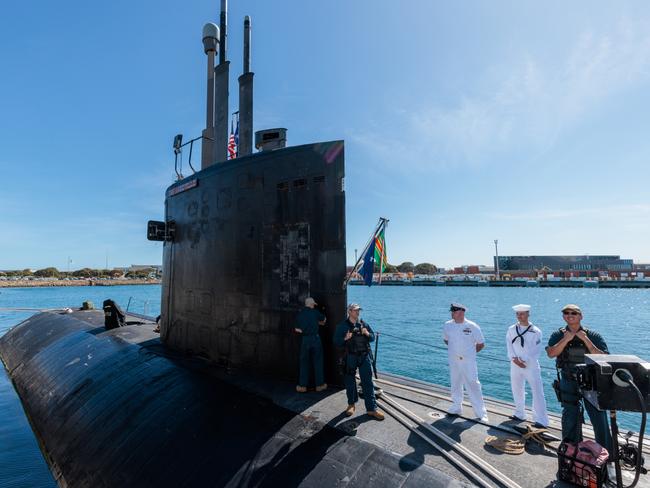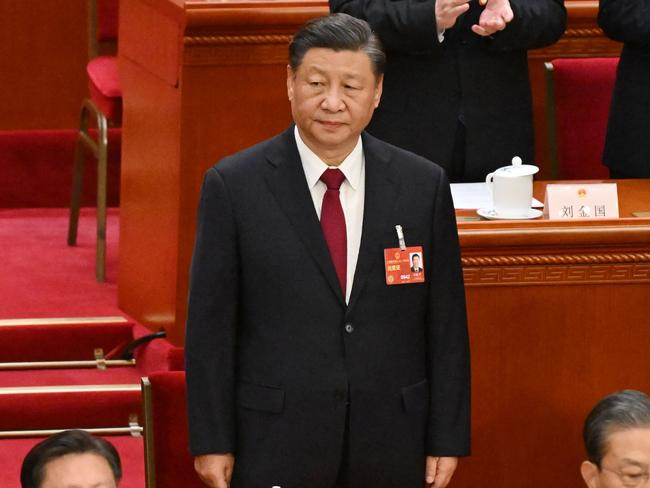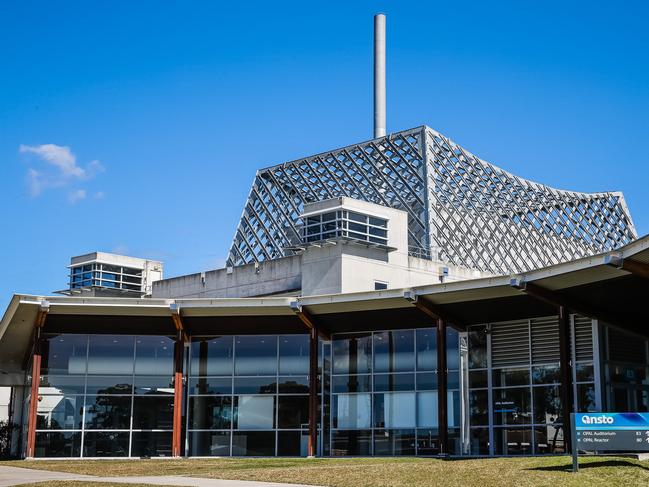James Morrow: AUKUS subs mean its time to embrace nuclear power onshore
The AUKUS deal will see us run nuclear reactors on boats under our own flag— so why on earth would we not have the same tech powering our suburbs, cities and industries, writes James Morrow.
Opinion
Don't miss out on the headlines from Opinion. Followed categories will be added to My News.
Well done – genuinely – to the Prime Minister and his team for landing AUKUS.
If the past two decades of prosperity was locked in by the bipartisan reform efforts of Hawke, Keating and Howard, it may eventually (and hopefully) be said that the coming decades’ security will be underpinned by the work first of Scott Morrison and his successor Anthony Albanese.
And if Xi believes China’s security can only be maintained by an ever-tighter grip on his one party state, then AUKUS shows a different model where security is achieved by Liberals, Labor, UK Tories and American Democrats and Republicans all working together.
But without trying to nitpick, the deal to acquire nuclear-powered subs does leave one very large question hanging over our heads.
Namely, if Australia is happy to have nuclear reactors on boats visiting our shores, and eventually run them under our own flag, why on earth would we not have the same technology on our shores powering our suburbs, cities and industries?

The fact that Australia has not been able to come to grips with this paradox puts our entire regional security push under a cloud for the simple reason that energy security and national security are inseparable items, two sides of the same coin.
The year and a bit since Vladimir Putin rolled his tanks into Ukraine has only underlined this fact.
Only an unseasonably warm winter saved a Europe that had allowed itself to become dangerously dependent on Russian gas from disaster.
Even so insanely high energy costs resulting from the war crippled businesses across the continent and forced widespread rationing.
Which brings us to Australia.
The government’s line is that renewables are the cheapest form of energy but no one really believes that.

For proof of this just look at the projected costs of “rewiring the nation” and building schemes to “store” renewable energy that could have been ordered out of Wile E. Coyote’s ACME catalogue (hello, Snowy 2.0).
Wind and solar can sometimes bring down the wholesale cost of electricity but when the wind isn’t blowing and the sun isn’t shining energy providers need to pay over the odds to make up the gaps.
Solar is particularly problematic because the sun often doesn’t shine when power is needed. Recall that part of the reason the Sun Cable deal to send energy to Singapore fell over is that no one looked at a map and realised it would be dark over the panels in Australia when the electrons were needed in Asia.
And it has huge security implications as productive agricultural land is turned over to solar farms covered by panels that are made mostly in, you guessed it, China.
The irony of the government spending billions to get solar power into the grid from panels made in China while simultaneously spending many billions more to defend Australia from Beijing would, in a sane world, be cause for at least some national embarrassment.

In a saner world, Australia would be crashing through as the UK is doing with a program of small modular reactors that could be built by our allies and fueled domestically, providing always-on power that wouldn’t need to be backed up by complex and expensive storage projects.
Australia has more uranium than anyplace on the planet, but unlike countries like France and the US and countless other places we are forbidden by law from using it here.
Instead, while buying what are essentially small reactors to put to sea (and the US Navy has operated these things for more than 50 years without a single radiological incident), we get tired politics and scare campaigns (think Chris Bowen’s taunting opposition MPs in parliament shouting, “you get a reactor! And you get a reactor!”) that prevent us from doing the same on land.
At some point, and hopefully sooner rather than later, something will have to give.

The two big global trends these days are electrification and self-sufficiency as nations wind down fossil fuels and as much as possible decouple from the Chinese economy.
For many countries, that is already leading to internal conflicts, trade-offs and risks to which Australia is not immune.
Here at home the AEMO is warning that power supply shortfalls are headed our way, while much of the technology we are relying on to get to net zero (solar especially) relies on us not being at war with China.
Peter Dutton raised the nuclear issue last year and his shadow energy spokesman Ted O’Brien held an incredibly worthwhile conference in Parliament House which brought in top scientists to explain how the technology could work and work well in Australia.
But the PM kiboshed it, playing to the same old tropes, even as he was quietly bedding down what would become this week’s announcement.
This is of a piece with other similarly bizarre Australian energy policies, such as compensating coal producers and quietly encouraging them to keep going while vilifying them constantly in the public square.
If we are to be a truly secure nation, subs are only one part of the deal.
Again, well done to the PM and Richard Marles and Penny Wong and the rest for AUKUS and the nuclear-powered subs.
But the government should use the momentum created by the deal to change course to start talking about a nuclear-powered Australia.





